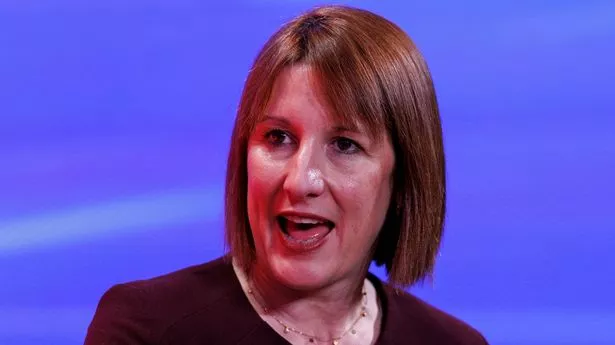The boldest measures are the safest. Many wish Keir Starmer had adopted this confident slogan for the election, rather than tip-toeing gingerly to the finish line as he did.
To close down claims Labour would raid people’s pockets, he promised not to hike VAT, National Insurance contributions and income tax on working people (terms and conditions may apply). To win back Red Wall voters, he pledged no return to the single market or the Customs union.
Spending commitments were ditched and meaningful reforms shelved. Abolish the Lords? Too complicated. Spend billions on boosting the green economy? Too risky. Re-nationalise the water firms? Too costly.
By the time the election came, Labour’s offer to voters was so anaemic you feared it would fall apart in the lightest gust of wind. Labour strategists will argue that the end justified the means – that they won handsomely because they cleared the decks of anything that would scare off voters, or give their opponents ammunition.
It is impossible to tell if Starmer would have fared less well if he had been a bit more adventurous. Perhaps it would have made no difference, given how desperate voters were to be rid of the Tories. Perhaps it might have scared off a few waverers and he would have won with a majority of 100 rather than 174. Would that have been so bad? In his determination to win big, Starmer has boxed himself in.
This is especially the case when it comes to fixing the finances. In ruling out raising taxes on working people, he left Rachel Reeves with little room to manoeuvre in her Budget in 10 days. The easiest and most effective way to refill the Treasury coffers is to raise income tax and VAT. But the Chancellor does not have those options. Instead, she is having to grub around for alternatives.
There is nothing wrong with increasing capital gains tax and hitting private equity firms, but the amount raised is like putting a few coins in the piggy bank instead of a crisp £50 note. To bring in the big bucks, Reeves is said to be having to resort to raising National Insurance contributions paid by employers. Technically, it is not a breach of Labour’s promise.
But, as the Office for Budget Responsibility has pointed out, it is a tax on working people to the extent that it could result in low wages and higher consumer costs. Perhaps the Budget will surprise people with its scope and vision.
Perhaps attention will turn from tax rises to the billions of pounds Reeves will be investing in infrastructure and public services. But you can’t help thinking Labour could be really re-wiring the state and genuinely rebuilding the country if Starmer had given himself a mandate to be bolder.

